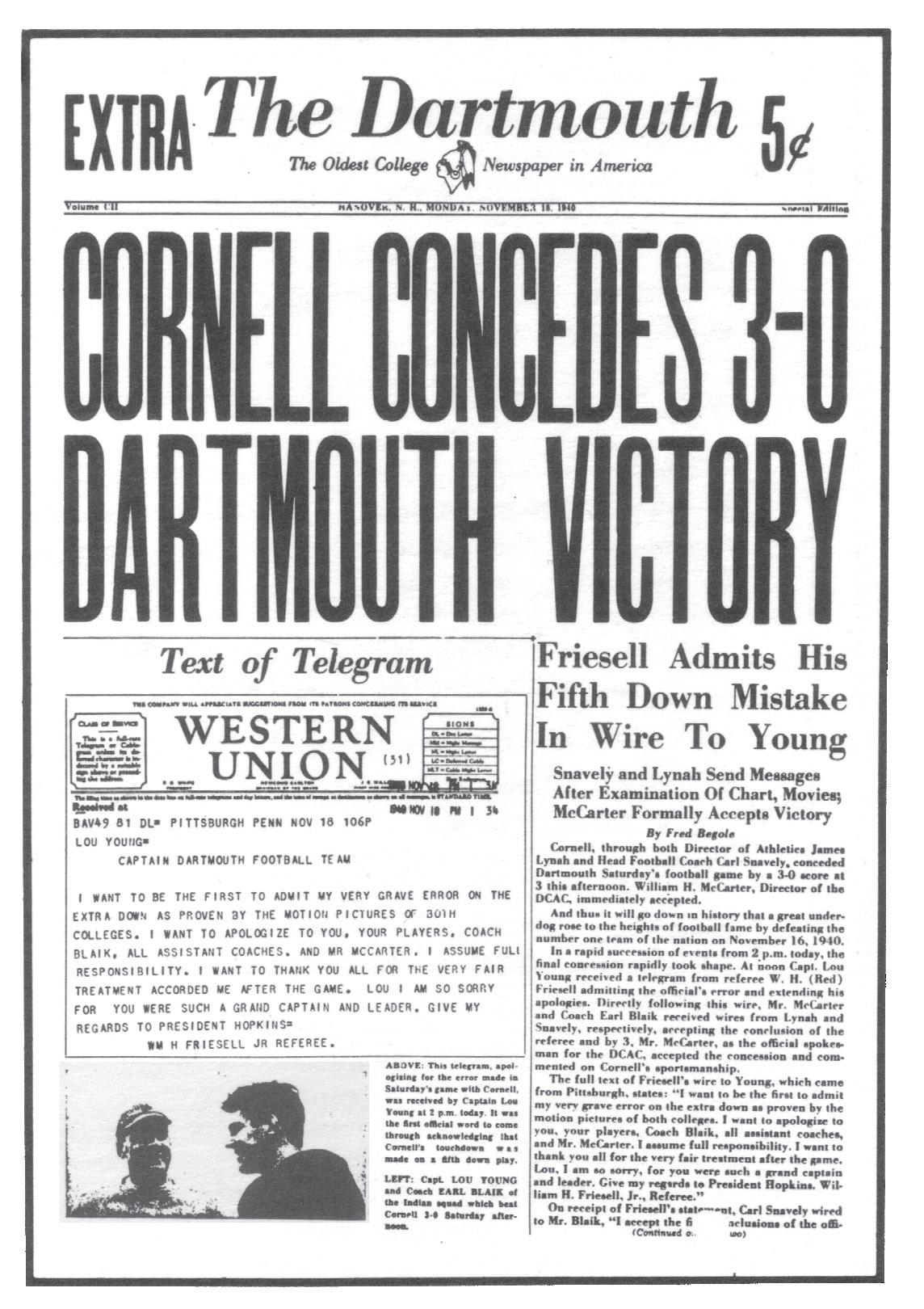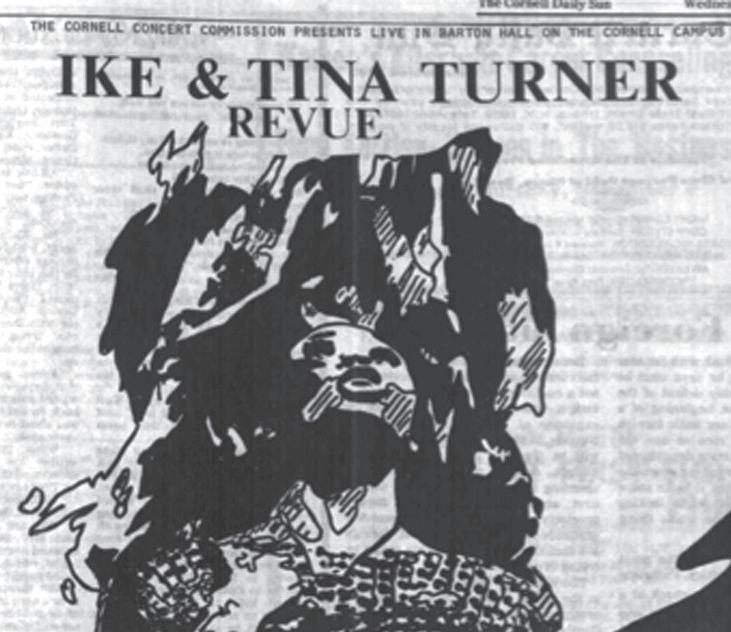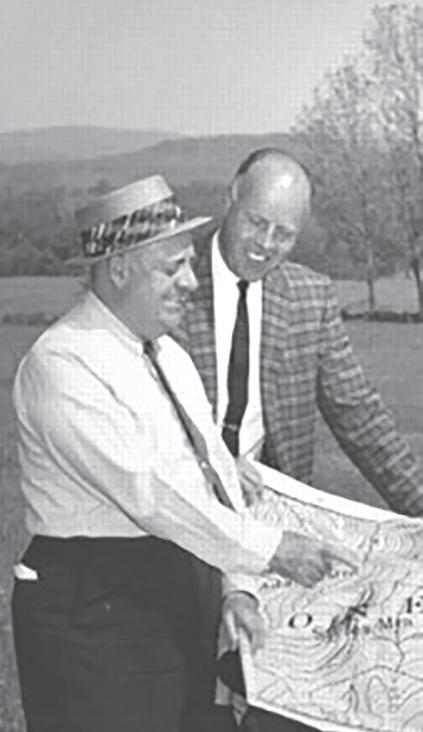2 minute read
Who Is Dr. Anthony Fauci?
Next Article
How Dr. Fauci M.D. ’66 became America’s most trusted disease expert
By EMMA ROSENBAUM Former Sun Science Editor
This story was originally published on March 23, 2020.
When Dr. Anthony Fauci did not appear at a White House news conference on March 18, “Where is Dr. Fauci” began trending on Twitter — proving to many that Fauci has become one of the U.S.’s most trusted voices in the fight against the progressing COVID-19 pandemic.
The head of the National Institute of Allergy and Infectious Diseases, member of the White House Coronavirus Task Force and “the most influential man in American public health” is also a Cornell alumnus.
Fauci received his medical degree from Weill Cornell Medicine in 1966, ranking first in his class. Two years after graduation, he began working for the National Institute of Public Health as a clinical associate, and eventually became the director in 1984.
In this role, Fauci was at the forefront of the AIDS epidemic that hit the U.S. in the 1980s. While urging the federal government to increase funding for AIDS research and treatment, Fauci spearheaded the development of combi nation drug treatments — when different types of drugs are prescribed so the virus is less likely to become resistant to all of them simultaneously — that increased the lifespan of HIV-positive individuals. Fauci is currently developing an HIV vaccine to completely eradicate the disease.
During the SARS outbreak in
2003, Fauci and his team began isolating the virus and developing a vaccine. The SARS outbreak was successfully contained within four months. He has also led government efforts to prevent the spread of the 2009 H1N1 pandemic and the Ebola outbreak in 2014.
“Fauci once again is playing an absolutely critical role in the face of an epidemic in this country,” said Chris Schaffer, biomedical engineering. Schaffer worked as a science policy advisor for Sen. Ed Markey (D-Mass.) and now teaches the class Biomedical Engineering 4440 Science Policy.
Since the initial outbreak of COVID-19 in Wuhan, China, Fauci has served as a national expert on combating the disease. Appearing at press conferences alongside President Donald Trump and other White House officials, Fauci doesn’t sugarcoat
“When you’re dealingtious diseases outbreak, you are always behind where you think you are,” Fauci said
Through various media appearances, Fauci’s main role in the outbreak has been educating the public on how the virus spreads and ways to prevent the spread from person to person, as well as being involved in the initial stages of developing a vaccine.
“He’s helped us understand that if we feel like we’re overreacting, that probably means we’re still behind the curve... that’s an excellent way of trying to help someone get their head around the idea of exponential growth,” Schaffer said.
Fauci and the White House Coronavirus Task Force established a set of guidelines on March 16, outlining how Americans can slow the spread of the virus in their communities. These guidelines encourage those that feel ill or have underlying medical problems to stay home and urge the general public to practice social distancing and good hygiene.
Fauci also garnered media attention for the way he publicly contradicts the president at news conferences about the pandemic.
“He’s negotiated this fine line between being able to consistently and reliably state what he believes the science is telling us we need to do and what we need to prepare for, while at the same time correcting statements that are made within seconds of [the president’s] statements,” Schaffer said. “He’s done it in such a way that he hasn’t pissed the president off.”
The NIAID director has received multiple accolades for his work in public health, including the Presidential Medal of Freedom in 2007 and the Weill Alumni Award of Distinction in 1992.
“He’s fearless, candid, and able to translate what he understands from the science into actions that we should take... he’ll be responsible for saving tens of thousands of lives if not more,” Schaffer said. “I can’t imagine a better person to look to for answers.”











